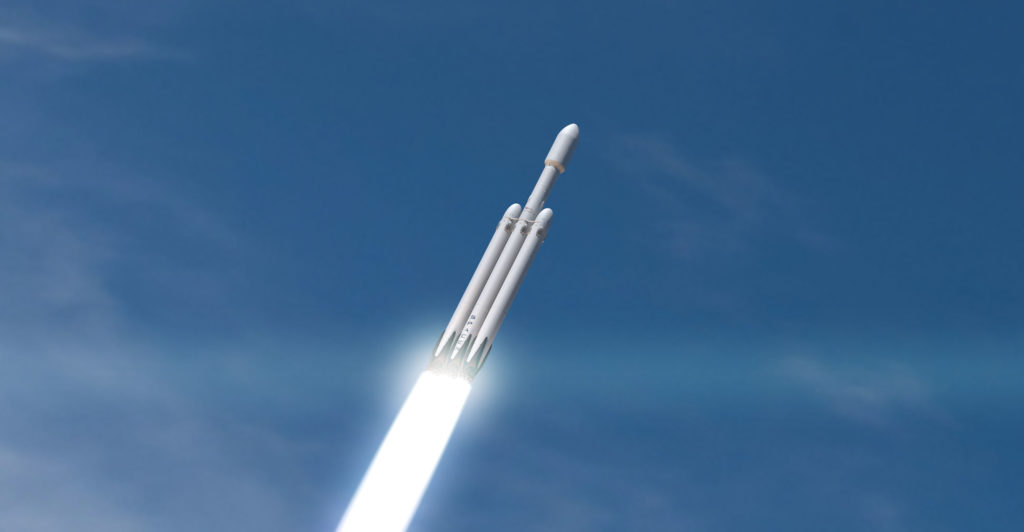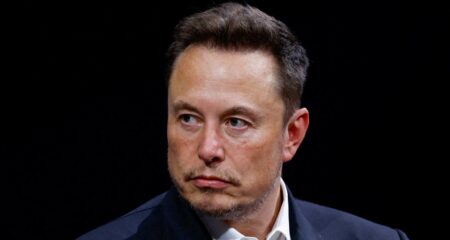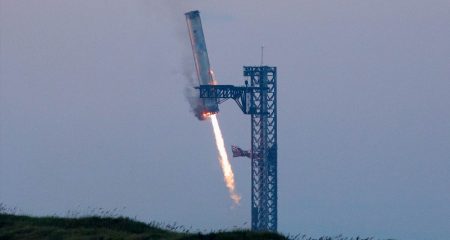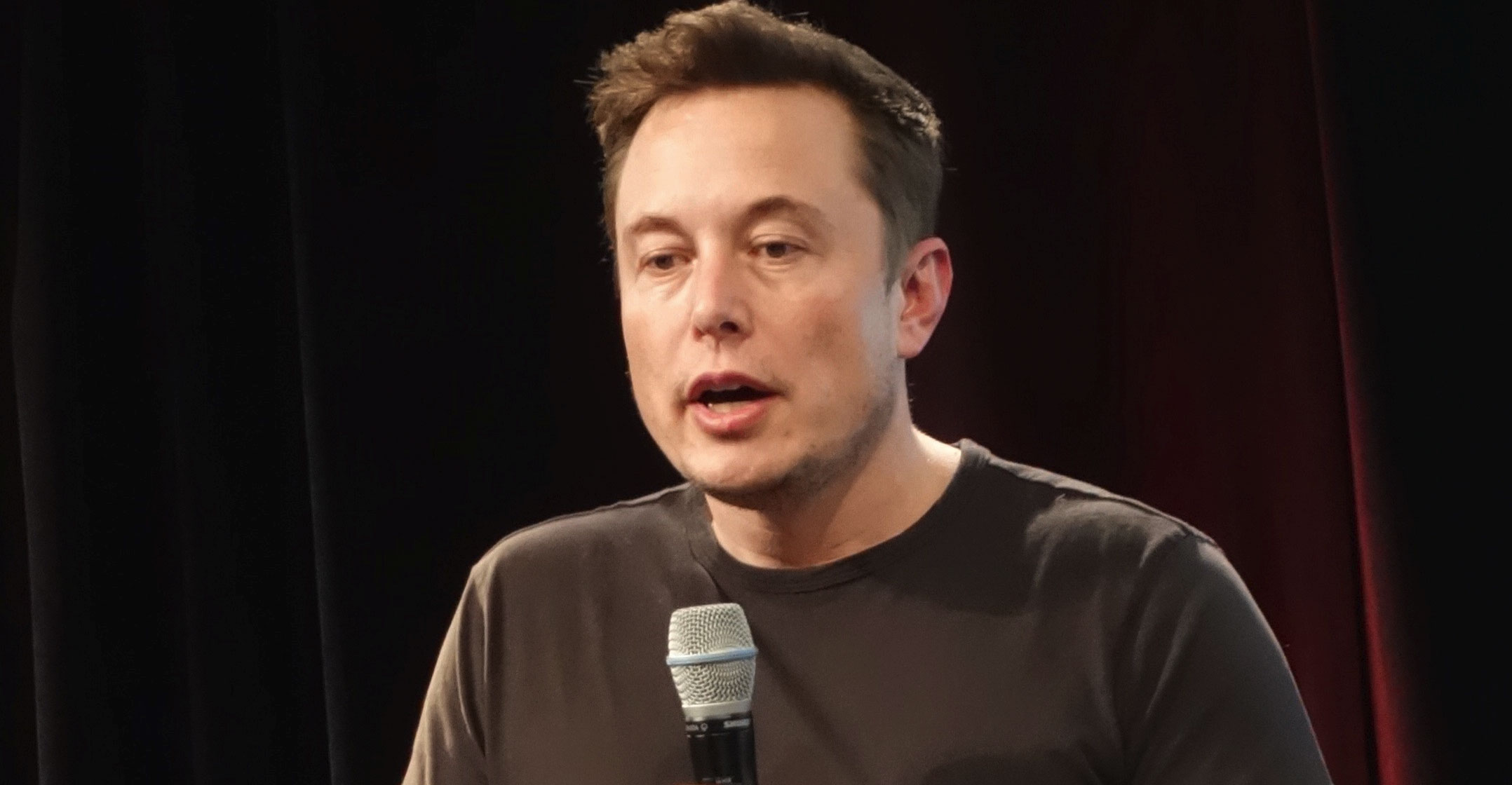
Wall Street’s most controversial stock may be about to go mainstream.
Tesla appears on the verge of joining the S&P 500, a major accomplishment for CEO Elon Musk that would unleash a flood of new demand for the electric car maker’s shares, which have already surged 500% over the past year.
Higher than expected second quarter vehicle deliveries, announced last week, have analysts increasingly confident the company will show a profit in its quarterly report on 22 July. That would mark Tesla’s first cumulative four-quarter profit, a key hurdle to be added to the S&P 500.
With a market capitalisation of about US$250-billion, Tesla would be among the most valuable companies ever added to the S&P 500, larger than 95% of the index’s existing components. It would have a major impact on investment funds that track the index.
While analysts and investors have recently become more confident of Tesla’s addition, an S&P Dow Jones spokeswoman declined to comment about specific changes to the index.
Howard Silverblatt, a senior index analyst at S&P Dow Jones, had to look back to the dot-com era to recall a comparable situation. In 1999, Yahoo surged 64% in five trading days between the announcement that it would be added to the index on 30 November and its inclusion after the close of trading on 7 December. Yahoo’s market capitalisation at the time was about $56-billion.
“The lesson learnt from Yahoo was that when you have an up and coming issue that may possibly go into the index, you should already own a little of it,” said Silverblatt. “If you had to get into that stock, you were paying a heck of a premium compared to owning it a week earlier.”
$4.4-trillion
Funds that attempt to identically track the S&P 500 have at least $4.4-trillion of assets, according to S&P Dow Jones, and those funds would need to buy Tesla shares quickly to avoid errors tracking the index’s performance.
Ivan Cajic, head of index & ETF research at Virtu Financial estimates index managers would need to own roughly 25 million shares of Tesla stock, currently worth $34-billion.
“You have all the index funds that have no choice but to include it,” said Tim Ghriskey, chief investment strategist at Inverness Counsel in New York. “That is one reason why it has been so strong here, in anticipation of that.”
Additionally, actively managed investment funds that benchmark their performance to the S&P 500 will be forced to decide whether to buy Tesla shares. Such funds manage trillions of dollars in additional assets.
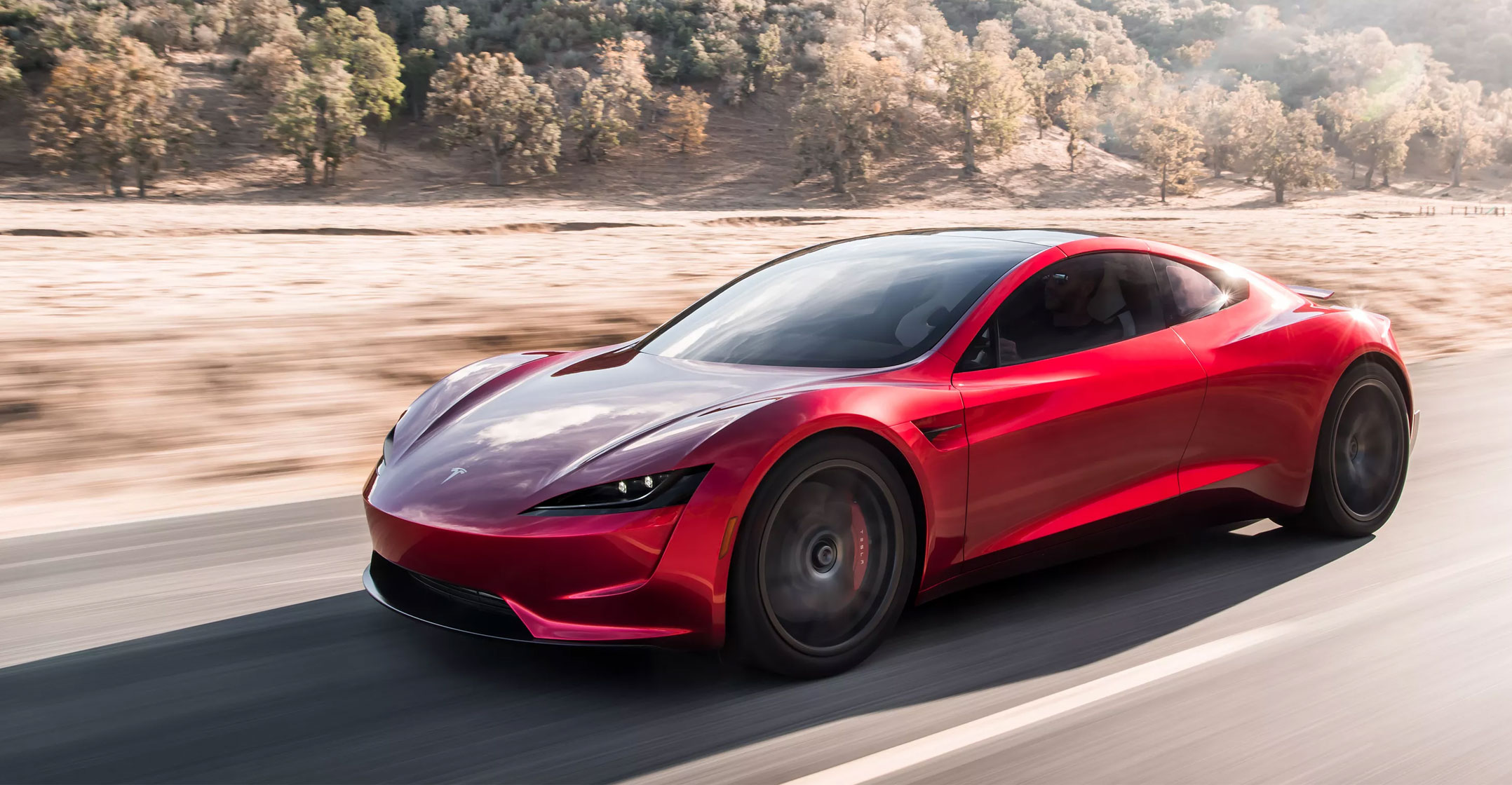 “Even if you don’t like Tesla and you think it’s overvalued, the fact that it is going into the index would mean trillions of dollars would have some kind of position,” said Jim Bianco, head of Bianco Research in Chicago. “As part of their benchmark, portfolio managers would not be able to ignore it.”
“Even if you don’t like Tesla and you think it’s overvalued, the fact that it is going into the index would mean trillions of dollars would have some kind of position,” said Jim Bianco, head of Bianco Research in Chicago. “As part of their benchmark, portfolio managers would not be able to ignore it.”
Up 43% in just the past eight sessions, Tesla is among the most loved — and hated — stocks on Wall Street. It is the US stock market’s purest play bet on the rise of renewable energy and the decline of fossil fuels, and Tesla’s Model 3 sedan has made major inroads among consumers.
However, short sellers are betting $19-billion that Tesla’s shares will fall, the largest short level on record for a US company, in dollars, according to S3 Partners.
Bears point to looming competition from Porsche, General Motors and other longer-established rivals. They are also sceptical of Tesla’s corporate governance under Musk, who in 2018 agreed to pay $20-million and step down as chairman to settle fraud charges.
Traders betting Tesla could be added to the S&P 500 have almost certainly contributed to the recent rally. However, Bianco warned that the stock could reverse if Tesla is not added to the S&P 500. — Reported by Noel Randewich and Chuck Mikolajczak, (c) 2020 Reuters


